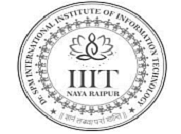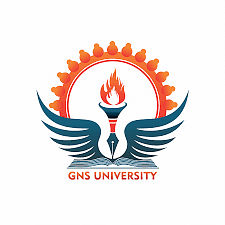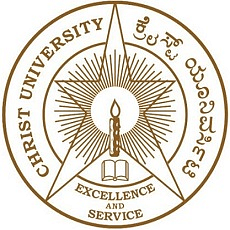Ph.D. Physics Introduction, Admission, Eligibility, Duration
Introduction about a Ph.D. Physics
A Ph.D. in Physics is the highest academic degree one can
earn in the field of physics. It represents a significant commitment to
advanced study and original research in a specialized area of physics.
Typically requiring several years of study beyond the undergraduate level, a
Ph.D. in Physics is designed to prepare students for careers in academia,
research, industry, and other sectors where expertise in physics is valued.
How can I apply for admission to a Ph. D Physics?
Applying for admission to a Ph.D. program at a top university in India in Physics typically involves several steps. Here's a general guide on how to apply:
Research Programs: Begin by researching Ph.D. programs
in Physics that align with your interests, academic goals, and career
aspirations. Look for programs that have faculty members conducting research in
areas that interest you. Consider factors such as location, program reputation,
faculty expertise, available resources, and funding opportunities.
Standardized
Test Scores: If required, register and prepare for standardized tests such as
the GRE (both General and Physics Subject Tests) and TOEFL/IELTS for
international students.
Letters of
Recommendation: Secure letters of recommendation from professors, research
supervisors, or professionals who can speak to your academic abilities,
research potential, and suitability for graduate study in physics.
Statement of
Purpose: Write a compelling statement of purpose that outlines your academic
background, research interests, career goals, and reasons for pursuing a Ph.D.
in Physics. Tailor your statement to each program you apply to, highlighting
why you are a good fit for their program.
Curriculum
Vitae (CV) or Resume: Prepare a CV or resume that highlights your academic
achievements, research experience, relevant coursework, publications,
presentations, awards, and any other relevant experiences or skills.
Submit Online
Application: Complete the
online application for each Ph.D. program you are applying to. Be sure to
follow all instructions carefully and submit all required documents by the
application deadline.
What is the eligibility for a Ph. D in Physics?
The
eligibility requirements for a Ph.D. in Physics at an Affordable university in India can vary depending on the
institution and program. However, here are some common eligibility criteria:
Educational Background: Typically, applicants should hold a
bachelor's or master's degree in Physics or a closely related field such as
Astronomy, Engineering Physics, or Applied Physics. Some programs may accept
students with degrees in related disciplines such as Mathematics or
Engineering, provided they have a strong background in physics and related
coursework.
How long does it take to complete a Ph.D? Physics?
The time it
takes to complete a Ph.D. in Physics at the best university in India can vary depending on several factors such
as the specific requirements of the program, the student's research progress,
the field of study, and the individual's pace. On average, completing a Ph.D.
in Physics can take anywhere from 4 to 7 years.
In many
programs, students typically spend the first 1-2 years completing coursework,
passing qualifying exams, and identifying a research topic and advisor. After
that, they typically spend the remainder of their time conducting research,
writing their dissertation, and defending it. However, some students may take
longer if they encounter challenges or if their research requires additional
time. Additionally, some programs offer accelerated options or allow students
to transfer credits from prior graduate work, which can shorten the overall
duration.












